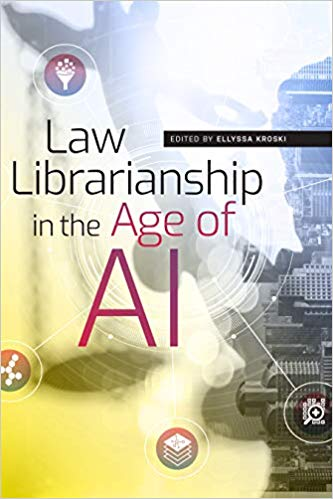
Futurists predict that in the next ten years the profession of lawyer will splinter into job titles like legal process analyst or legal knowledge engineer. And some in the field are already taking a proactive approach, in fact, more than two dozen law schools have developed innovation centers to explore artificial intelligence (AI) and the law.
In a competitive marketplace, both firms and individuals need to familiarize themselves with the dazzling array of new products and enhanced features capable of improving efficiency. Written by leading practitioners and visionaries like Robert Ambrogi, this groundbreaking survey of current practices and future trends offers an incisive examination of the evolving roles for law librarians.
Readers will learn how AI technology is changing law school curricula, lawyer practice, marketing, and other key aspects of the field through coverage of such topics as:-